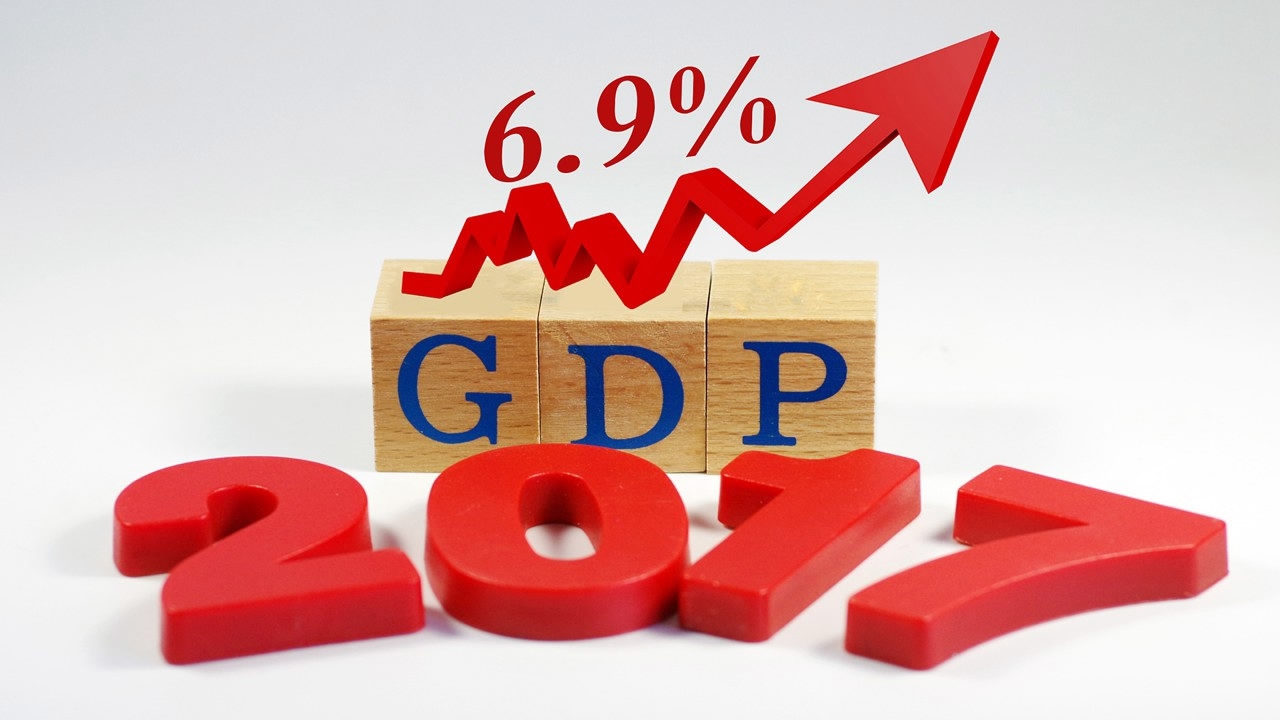
Opinions
13:56, 19-Jan-2018
China EconTalk: Local governments should reduce their reliance on debt to support GDP
By CGTN’s Wang Yue

Editor’s note: Wang Tao, the chief China economist at UBS Investment Research, shares her insights with CGTN. Wang says that the way to control local government debt is to control the path of growth, reducing the reliance on debt to support GDP. She also says contribution from net trade will be more positive while contribution from investment will be less.
China's local governments issued less debt in 2017, thanks to Chinese government’s efforts on financial deleveraging. According to data released by the Ministry of Finance, by the end of November last year, the local government debt balance stood at 16.59 trillion yuan, below the government-targeted ceiling of 18.82 trillion yuan.

Wang Tao, the chief China economist at UBS Investment Research / VCG Photo
Wang Tao, the chief China economist at UBS Investment Research / VCG Photo
With Beijing’s ambition to reduce debt in 2018, Wang Tao, the chief China economist at UBS Investment Research, says the local government should control the path of growth, restructuring some of their debts to land and duration.
“I think overall debt has been one of the biggest risks, and the government is tackling it. Local government debt is part of it. And I think going forward, one way to deal with it is indeed to control the path of growth and at the same time restructure some of these local government debts to land and duration. Previously, they still borrowed from banks under need. So, one way to deal with it is to make the debt explicit rather than through platforms or PPP projects,” Wang says.
Issuing more government bonds can be another way to help relieve local government from debt. Meanwhile, Wang also suggests that local government should reduce the reliance on debt to support GDP.
“At the same time, also reduce local government’s reliance on debt to support GDP. Local governments may not want to do this. This is a central government initiative. And now, I think there is more concern about more weight put on financial risk prevention and on cleanup of the environment, not just about GDP,” She notes.

VCG Photo
VCG Photo
China's economy expanded faster than expected in 2017, according to the country's top statistician. China's GDP grew 6.9 percent year on year, reaching 82 trillion yuan. The official said that the expansion was driven by supply-side reforms, strong exports and high infrastructure spending.
But this year, Wang expects that the growth of exports will remain solid but not be as fast as last year, at the same time, imports will be a little bit less. But Wang mentions that it means contributions from net trade - exports minus imports - will be more positive.
“Exports we think are going to remain solid but we don’t think exports will grow as fast as in 2017. Nevertheless, contribution from net trade, exports minus imports, is going to be more positive in 2018. Last year we imported a lot of stuff. But we think we will import a little bit less [this year]. So trade will also contribute more positively,” Wang explains.
In Wang’s opinion, investment is going to slow, and there will be less contribution when compared to last year. “The reason is that property, we think, is slowing. Infrastructure, because of local government debt controls, is also going to slow. Manufacturing investment we think is going to rebound a little bit because of better profitability. But overall investment is going to slow.”
(ICS’s Wang Lihuan also contributed to the story.)

SITEMAP
Copyright © 2018 CGTN. Beijing ICP prepared NO.16065310-3
Copyright © 2018 CGTN. Beijing ICP prepared NO.16065310-3